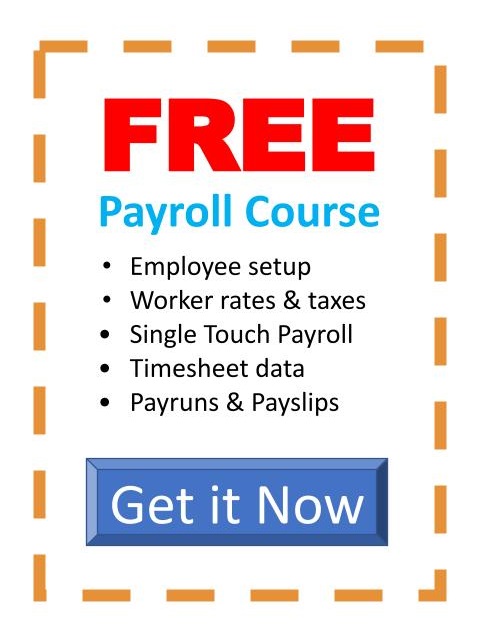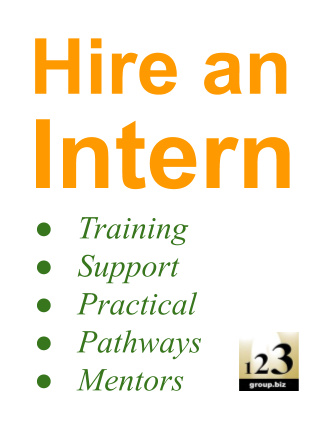
Just how do YOU behave in the workplace and how do you change your behaviour depending on circumstances?
Conducting market research is vital for any small business; you need to understand what’s happening in your industry in order to sell your products and services effectively — something we cover in our Small Business Management course. But how well do you really know your customers or clients? Could you put together a behavioural profile after just one meeting?
Finding Out What Makes You Tick
Behavioural profiling may sound like the folly of Mulder and Scully and the FBI, but it’s also an increasingly popular tool for human resources departments, educational institutions and even sales teams.
The best known behavioural profiling test is the DiSC Behavioural Assessment test, which is based on psychologist William Marston’s theory that people illustrate their behaviour through four behaviour types: dominance, influence, steadiness and conscientiousness.
Marston argued in his 1928 book, Emotions of Normal People that, where a person’s personality isn’t malleable or able to be changed, the emotions that influence a person’s behaviour come from their environment and sense of themselves, which are malleable.
“You can’t ask a person to change their personality,” says The Training Network’s director and lead trainer, Ivan Cunningham. “But you can ask them to adapt their behaviour to become more efficient in the workplace.”
And because your behaviours are tied to environmental factors, most people will naturally oscillate between two or three different behaviours. “With my staff, I’m a very high D — I take the lead,” Ivan explains. “But if I was with my boss or an authority figure, I would shift to an I behaviour type where I’m far more accommodating, eager to please.”
Profiling to Build More Effective Workplace Relationships — and to Sell
In an organisation, the DiSC profile helps managers and employees identify the behaviour types of their colleagues and staff to help build more effective working relationships. “If I know a person is a high D behaviour type, I know they’re the kind of person who will try and take the lead in our dealings with each other” Ivan says. “So I know to shift to more of an I behaviour type to allow for that.”
As useful as DiSC is for building good working relationships within your own organisation, it’s also useful to sell: “It’s the same principal,” Ivan says. “If I’m selling to a C behaviour type, I know they will want all the facts and figures, because they’re very much about the ‘why?’”
Because DiSC is easy to understand — there are only four behaviour types compared the many different personality types — it makes it easy for you to spot behaviour types of your colleagues and customers.
***
People like to do business with people they know, like and trust, and the DiSC Behavioural Profile helps you build better relationships with your customers and clients, which in turn helps you increase your sales.
You can try a free DiSC Behavioural Assessment Test here, or contact Ivan Cunningham at The Training Network for the real deal.



















